Shahana Abbas Shani, President of Pakistan's She-male Association, has announced that she will contest elections as an independent candidate for Muzaffargarh for the Punjab provincial assembly.
Talking to The Express Tribune, Shani said that she has made the decision because she wants to discuss problems faced by her community, which she says have been ignored by Pakistani society, in the assembly.
“There is no other way for us to be heard and now when the Supreme Court of Pakistan has allowed us to have an identity card, we will fight for our rights,” Shani said.The landmark 2009 court decision recognizing a 'third gender' has not been followed through by authorities, which caused severe problems for trans people during the recent devastating flooding, particularly in Sindh province, through a lack of ID cards. In November this year the court ordered that they be registered as voters.
During the disaster, transgender people were left out of the aid efforts and denied access to IDP camps because of general prejudice, their non-conforming appearance, and their lack of proper identification documents.
Bindiya Rana, of Gender Interactive Alliance, explains that no third-gender ID cards have been given out. As a result, many transgender citizens lack any identification documents at all. According to Rana, this occurs because "a lot of transgenders get separated from their parents from a very young age and are unable to get their parents' ID cards and other supporting documents which are required to get an ID."
Similar instances of aid denial occurred in post-earthquake Haiti.
Shani said that the Punjab assembly should pass rights legislation and that there should be reserved seats for transgender people - known as 'Hijra' in South Asia - in the National Assembly. Women and minorities already have reserved seats.
Her association has participated in protests against the November 26 Nato attack and the killing of Pakistani army personnel - where Barack Obama’s effigy was burnt.
“We will fight at our country’s borders if the forces need us,” Shani said.






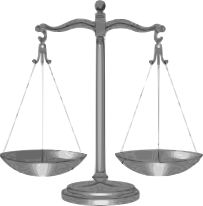









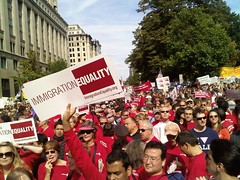


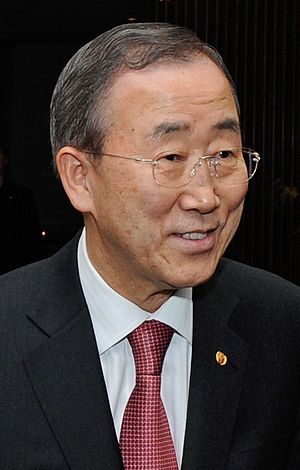

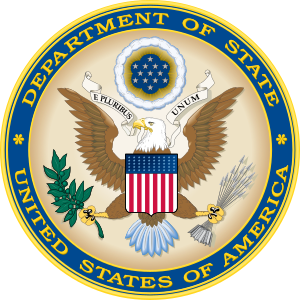

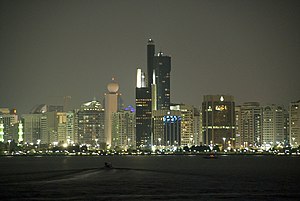





 Join our page
Join our page

